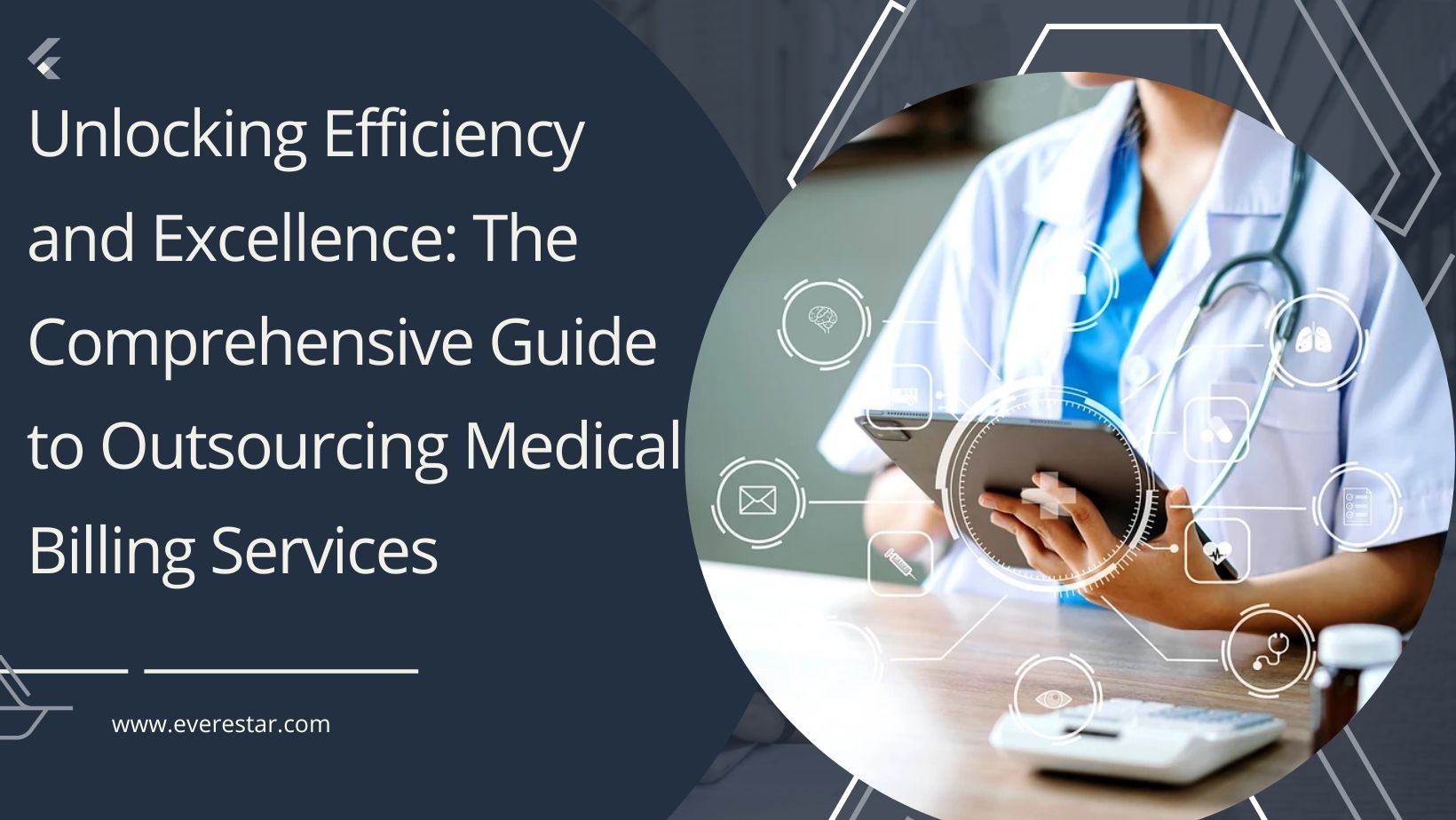In the ever-evolving landscape of healthcare, medical practitioners and healthcare facilities are continually seeking ways to optimize their operations, improve efficiency, and enhance patient care. One strategy that has gained prominence is outsourcing medical billing services. This comprehensive guide explores the various aspects of outsourcing medical billing, from its benefits and considerations to the selection of a reliable outsourcing partner.
Understanding the Landscape of Medical Billing:
Medical billing is a complex and critical component of healthcare administration, involving the submission, processing, and follow-up of claims with health insurance companies to receive payment for services rendered. The intricacies of coding, compliance, and the evolving healthcare regulations make in-house billing a resource-intensive task.
The Advantages of Outsourcing Medical Billing:
Cost Efficiency:
- Outsourcing allows healthcare providers to reduce operational costs associated with maintaining an in-house billing department, including salaries, benefits, and training expenses.
- Access to specialized expertise offered by outsourcing partners helps minimize billing errors, reducing the risk of claim denials and subsequent revenue loss.
Focus on Core Competencies:
- Healthcare providers can redirect their resources and efforts toward patient care and core medical activities, allowing for enhanced service quality and patient satisfaction.
Scalability and Flexibility:
- Outsourcing provides scalability, allowing healthcare facilities to adapt to fluctuations in patient volume without the need for extensive internal adjustments.
Stay Updated with Industry Changes:
- Outsourcing partners often specialize in medical billing and stay abreast of industry changes, ensuring compliance with evolving regulations and standards.
Key Considerations Before Outsourcing:
Security and Compliance:
- Ensure that the outsourcing partner adheres to strict security protocols and complies with healthcare data protection regulations such as HIPAA.
Reputation and Experience:
- Evaluate the outsourcing partner’s reputation in the industry and assess their experience in medical billing services. Client testimonials and case studies can provide valuable insights.
Technology and Infrastructure:
- Verify that the outsourcing partner employs state-of-the-art technology and infrastructure to ensure efficient and accurate billing processes.
Service Level Agreements (SLAs):
- Establish clear SLAs with the outsourcing partner, defining expectations regarding turnaround times, error rates, and other key performance indicators.
Communication Protocols:
- Define communication channels and protocols to ensure seamless collaboration and timely updates on billing processes.
The Outsourcing Process:
Transition Planning:
- Develop a comprehensive transition plan that outlines the transfer of responsibilities from the in-house billing department to the outsourcing partner.
Training and Onboarding:
- Provide necessary training and resources to the outsourcing team to ensure a smooth onboarding process and a clear understanding of the healthcare facility’s specific requirements.
Monitoring and Reporting:
- Implement regular monitoring mechanisms and reporting structures to track the performance of the outsourcing partner against established SLAs.
Overcoming Challenges:
Cultural Compatibility:
- Address potential cultural differences by fostering open communication and understanding between the healthcare facility and the outsourcing partner.
Data Security Concerns:
- Implement robust data security measures and conduct regular audits to alleviate concerns related to the protection of sensitive patient information.
Realizing the Benefits:
Improved Cash Flow:
- Outsourcing medical billing often results in faster claims processing and reduced reimbursement delays, contributing to improved cash flow.
Focus on Patient Care:
- With the administrative burden of billing lifted, healthcare providers can concentrate on delivering high-quality patient care, leading to increased patient satisfaction.
Adaptability to Industry Changes:
- Outsourcing partners, with their specialized knowledge, can help healthcare facilities adapt to changes in healthcare regulations and industry standards.
Conclusion:
Outsourcing medical billing services represents a strategic decision for healthcare providers seeking operational efficiency, cost savings, and enhanced focus on patient care. By carefully considering the advantages, selecting a reputable outsourcing partner, and establishing clear communication channels, healthcare facilities can unlock the full potential of outsourcing and drive excellence in medical billing processes.


